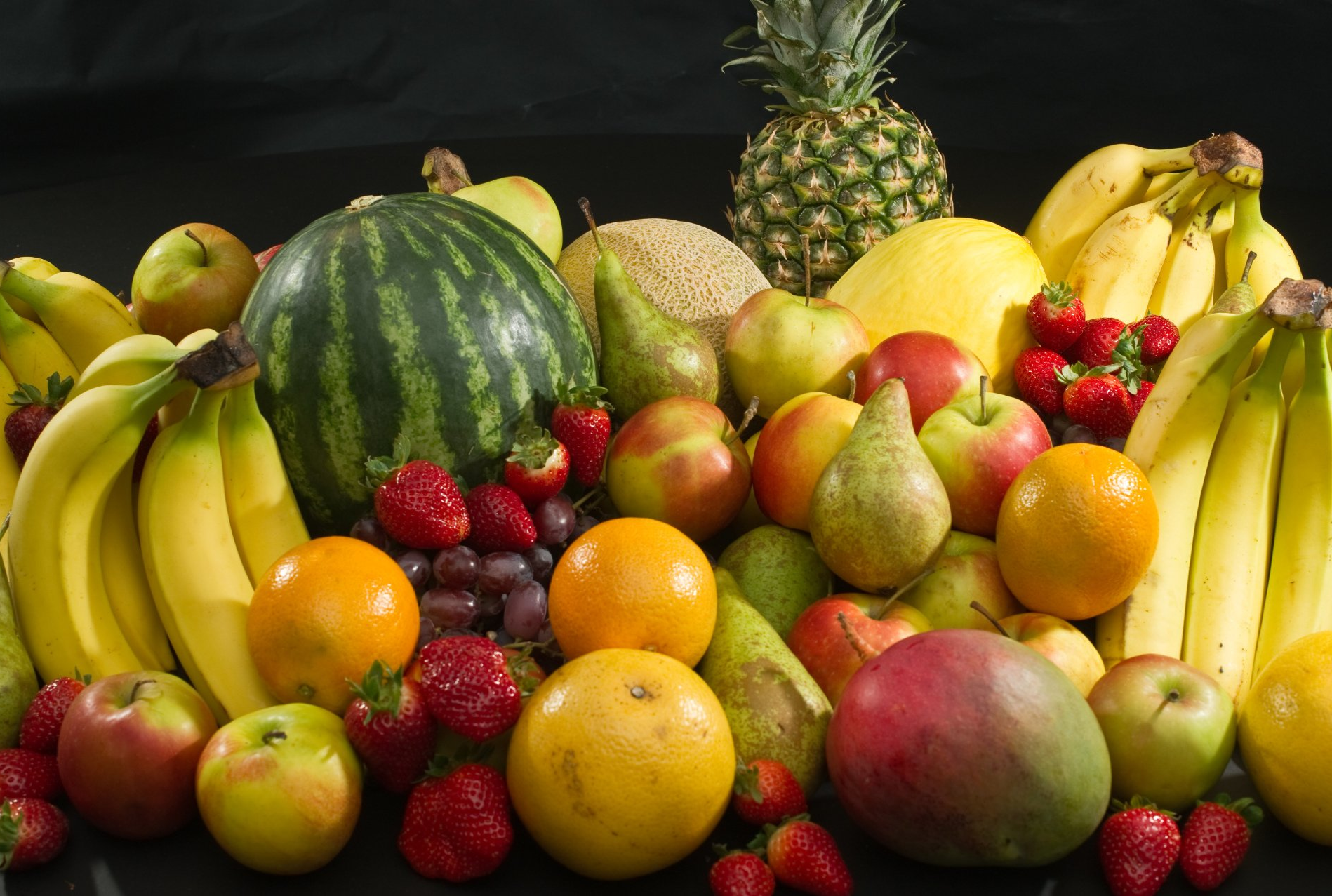Misconceptions About Kwanzaa: Does Kwanzaa Diminish Natural Oneness and Deified Order?
- By kwende ukaidi
- •
- 13 Dec, 2021
- •
Celebrating the Wonderful Observance of Kwanzaa

Afrikan people have always held living knowingness of the
Creator Supreme and the intimate connection that they have with the Ultimate
Divine force of the universe. Throughout the ages the Creator Supreme has been
identified through the various linguistic forms, known as Amen-Ra, Nkunlunkulu,
Oludumare, Mungu, Nana Nyame and so on. As a mainstay Afrikan languages have always
had a term used to name the Creator Supreme. In spiritual conception, personified
aspects of the Creator Supreme become deities. Deities are exemplified in the
ancient story of Ausar, Auset and Heru. This story enshrines the Afrikan base
family construct of the kingly masculine Afrikan man in harmonious and
complementary union with the queenly Afrikan woman that then bring forth the
royal child. This story is retold from age to age and generation to generation
as a vehicle to instil life lessons and to secure the continuance of rightful
order in Afrikan familyhood. In this, the Afrikan family is a representation of
the Creator Supreme.
With the interruptions and disruptions that have taken place over recent centuries of the Maafa, Afrikan life and culture has been set upon in destructive ways by others that mean the Afrikan ill. As such rightful order of the Creator Supreme, deified conception and Afrikan familyhood has been disrupted in Afrikan life (or worse).
Alien forces that mean the Afrikan ill have attempted to exacerbate confusion and chaos with misleading anti-Afrikan propaganda about the Afrikan way. Attempts to suggest that Afrikan people naturally worship multiple gods and the like can incentivise fragmentation whereby the natural norm of the oneness held by the Creator Supreme and rightfully ordered Afrikan family can be undermined.
According to the insightful author A.T. Browder:
“From the beginning of time Afrikans have always had a belief in one God, self-created and all-powerful. Upon observing the wonders of the universe, man began to see the manifestations of the one Creator reflected in all that existed and identified them as aspects of the One, or Netcher. This monotheistic viewpoint saw everything as a part of the whole. A Netcher is not a God. It is an integral part of that which is God. Similarly, a transmission is not an automobile, but its is an essential component to the function of that automobile, as is every part of that vehicle. Attempts to portray [the] Afrikan [way] as polytheistic, anthropomorphic or idolatrous are as repugnant as those who seek to condemn it. Modern religion has angels, archangels, messengers and saints who carry out roles similar to those of the Netcherw. References to Jesus the Christ as ‘the lamb’ is just as anthropomorphic as Amon’s association with a ram”.
The thrust to diminish the Afrikan way has been peddled to disrupt Afrikan life to undo natural oneness of being. A popular mainstream platform states that the word diminish means to:
“make or become less”. Or, “cause to seem less impressive or valuable”.
Is the oneness of the Creator Supreme and the rightful order of the Afrikan family supposed to be less-than its natural optimal norm? This primary people who with their own way of life shone their light of brilliancy to establish the highest levels of civilisation known to the world are somehow to be viewed as less-than impressive or of less-value? If there is any deficit to the natural Afrikan norm of optimal Afrikan life functioning then it is for Afrikan souls themselves to restore their way.
Wonderfully, Afrikan souls organised themselves in thrust of restoration and elevation to establish the magnificent seven-day cultural observance period of Kwanzaa. This celebration of Afrikan family, community, nation and world community is readily accessible to Afrikan souls throughout the world as a grand vehicle of Afrikan cultural empowerment. It celebrates the Afrikan way of life that has been the superlative source of greatness for this naturally great people. As such, the Afrikan self throughout its various levels can restore and ascend with rightful order as it has naturally always been with the eternal order of victorious thriving. A suggestion that Kwanzaa diminishes natural oneness and deified order in Afrikan life is a gross misconception.
Kwanzaa is one of the essential cultural observances of life within the Universal Royal Afrikan Nation. The Universal Royal Afrikan Nation (URAN) is an Afrikan-centred spiritual and cultural mission for ascendancy that embodies living spiritually and culturally rooted life. To find out more about URAN and its spiritual-cultural mission for liberty and nationhood click here. The exquisite URAN pendant can be obtained online by clicking here.
In his capacity as an Afrikan-centred spiritual cultural practitioner this author is available for further learning in this regard and also for the carrying out of ceremonies such as naming and name reclamation. For details please click here.
Afrikan World Studies programmes are an important forms of study in understanding the Afrikan experience. There are a range of subjects covered on these programmes including History, Creative Production, Psychology and Religion. To find out more about these learning programmes please click here. For the video promo for these learning programmes click here.
Also, in the approach to the important cultural observance of Kwanzaa, the text: From Pert-En-Min to Kwanzaa - A Kuumba (Creative) Restoration of Sacred First Fruits by this author is available to purchase online here. This publication provides informative detail on the of the Kwanzaa celebration. You can also visit the institution of Yemanja to pick up a copy.
At nominal cost, also consider acquisition of an a4 laminate poster of articulations by this author when visiting the Yemanja institution to enrol, consult, learn, gather or otherwise.
Also, visit www.u-ran.org for links to Afrikan liberation Love radio programme on Universal Royal Afrikan Radio online
